In the Department of Microbiology
Finding solutions to global challenges, such as the emergence of new infectious diseases, skyrocketing antimicrobial resistance, and the health of our planet's ecosystems, will depend upon discoveries from microbiology research. Illinois microbiology faculty focus on the physiology, genetics, and pathogenesis of microbial organisms and viruses.
Microbiology News
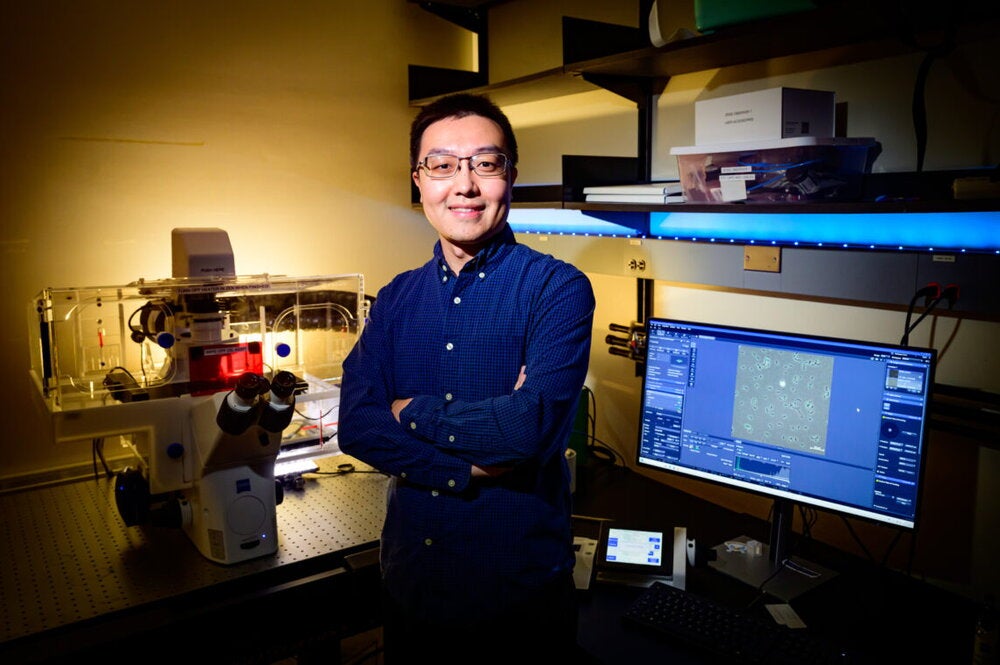
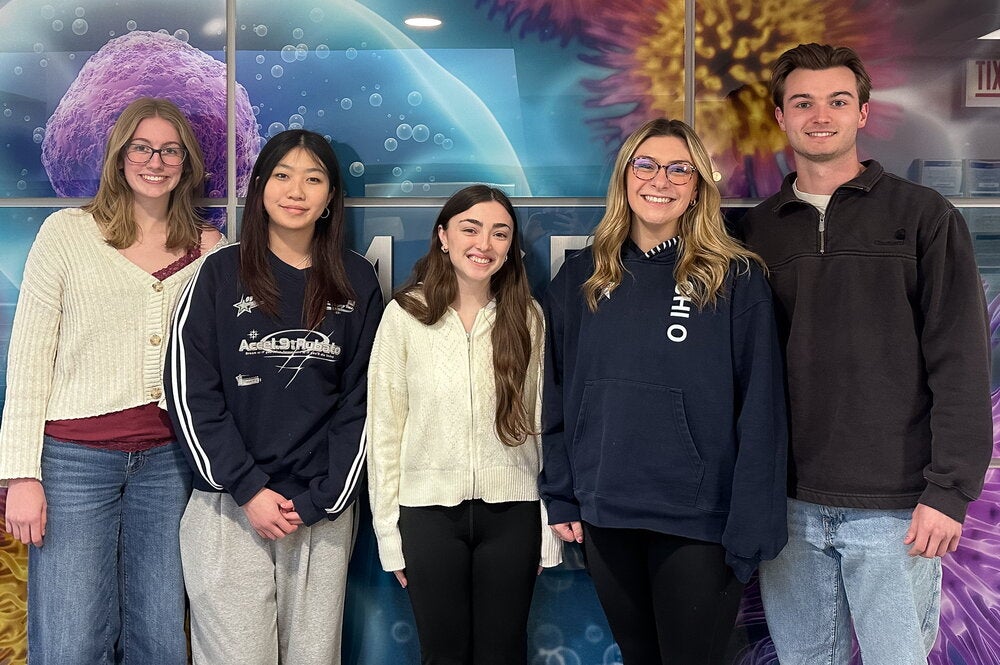

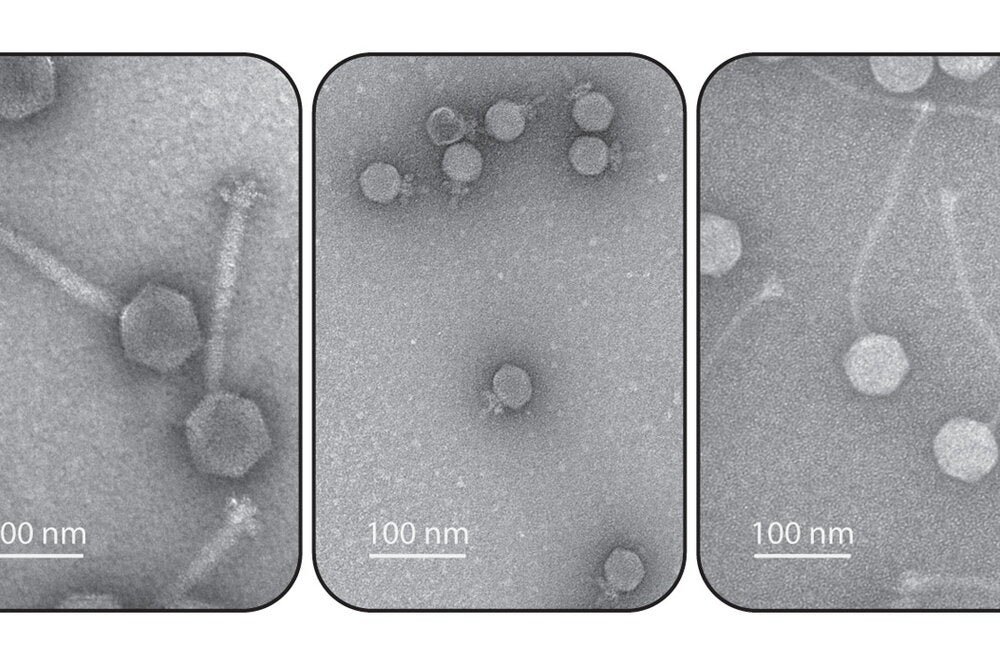
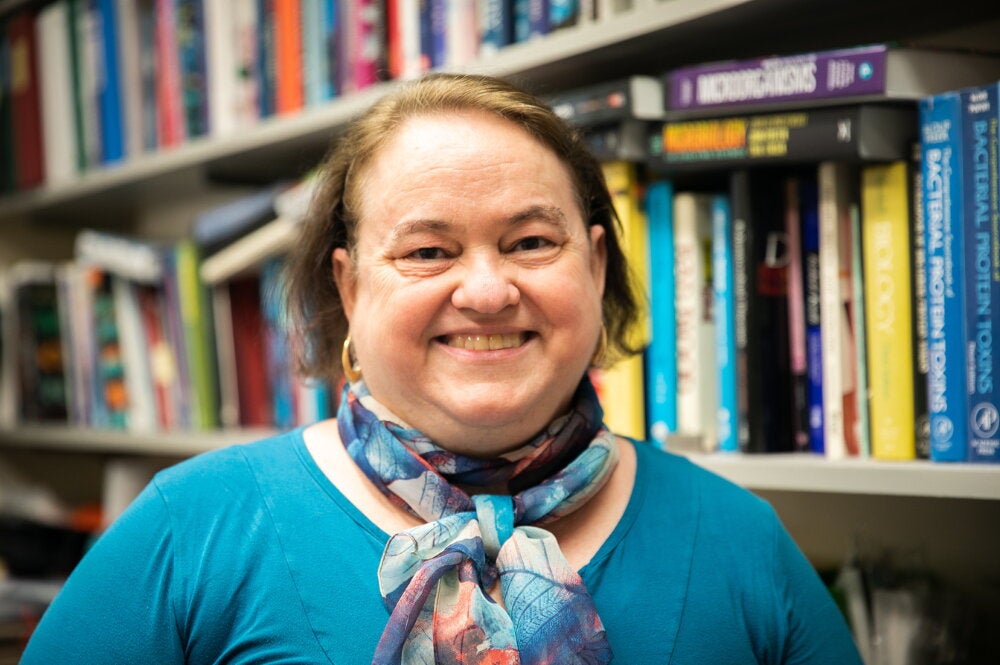
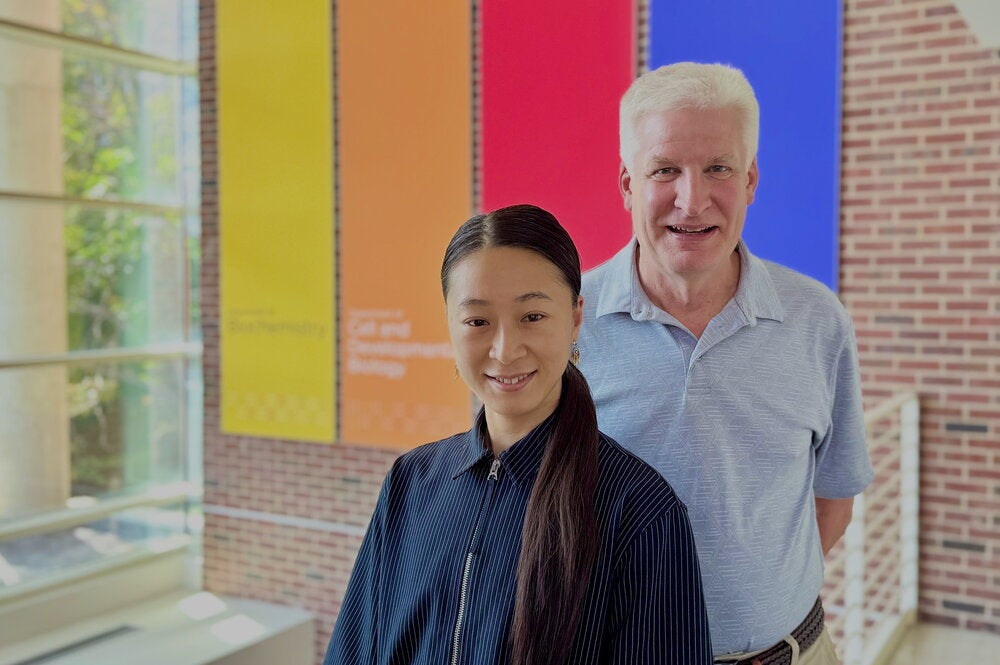
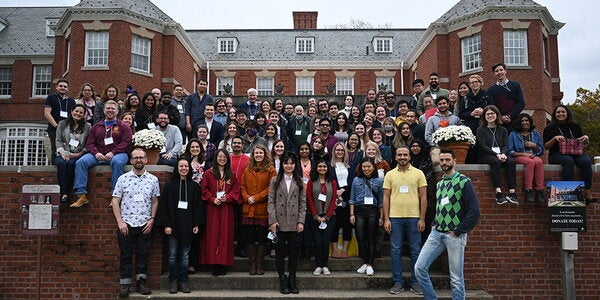
Seminars & Events
We host many talks from rising and established scholars, an annual retreat, and more.
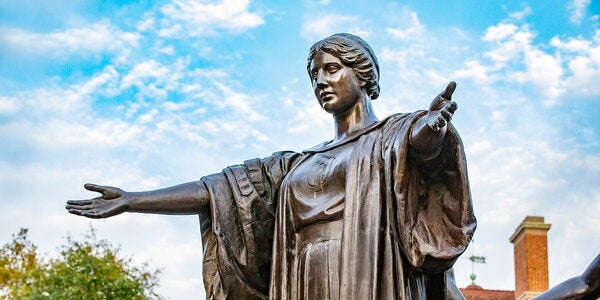
Make a gift to Microbiology
Your support propels our research breakthroughs and makes a difference in the lives of our students.
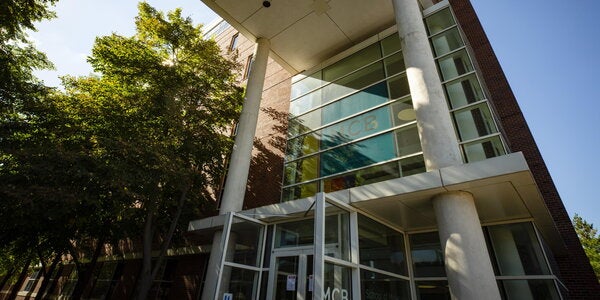
Contact the department
The Department of Microbiology looks forward to hearing from you!
Title
Faculty Research
Our world-class faculty lead many exciting research programs in the physiology, genetics, and pathogenesis of microbial organisms and viruses. Labs explore archaeal biology, bacteriophage biology, drug discovery, eukaryotic virology, gene regulation, host-pathogen interaction, microbial communities/microbiome, microbial physiology, molecular evolution, and oxidative stress.
Title
PhD in Microbiology
Microbes are the dominant organisms on the planet and drive all aspects of life. The Department of Microbiology is a close-knit group of scientists who are driving discoveries in bacterial and archaeal biology and physiology, bacterial and viral pathogenesis, antibiotic discovery, and microbial ecology and evolution. As a PhD student in microbiology, you will be part of a thriving, supportive community of researchers.
Title
Microbial Systems Initiative
Microbial Systems Initiative, or MSI, is a vibrant cross-campus community of microbial sciences researchers who address problems in health, agriculture, energy, and other sectors. The Microbial Early-career Researchers Association (MicroERA) organizes professional development and networking opportunities for graduate students and postdoctoral researchers.
Upcoming Microbiology Events
Meet MCB's microbiology community
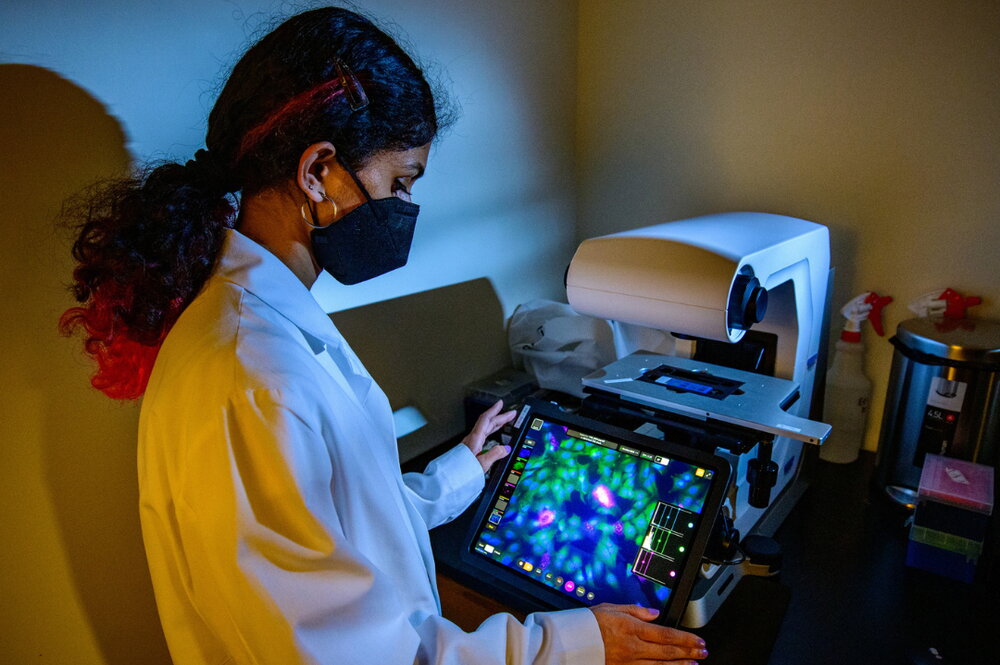
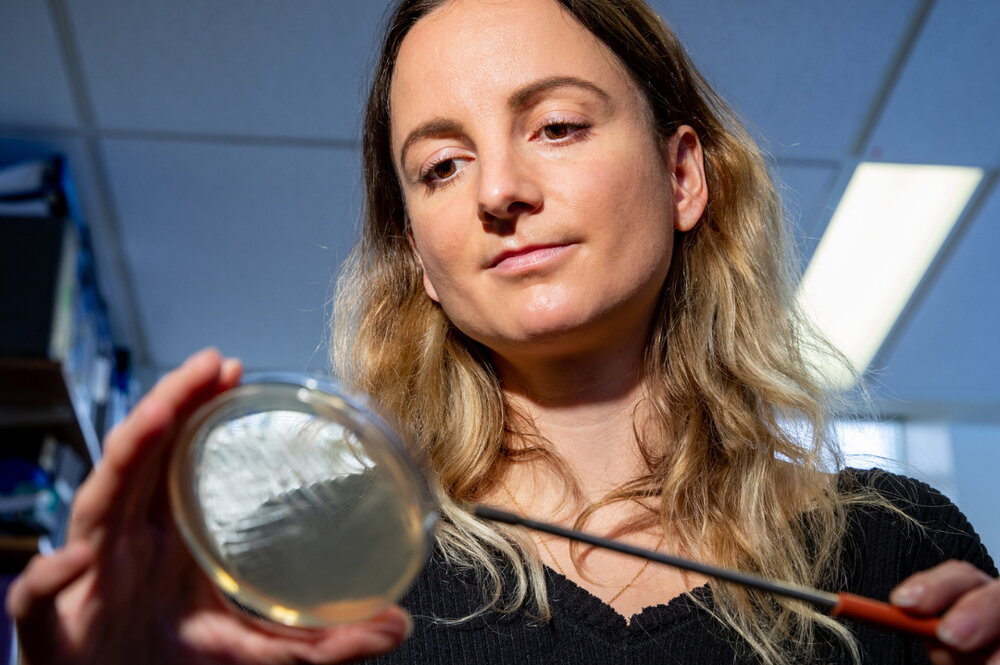
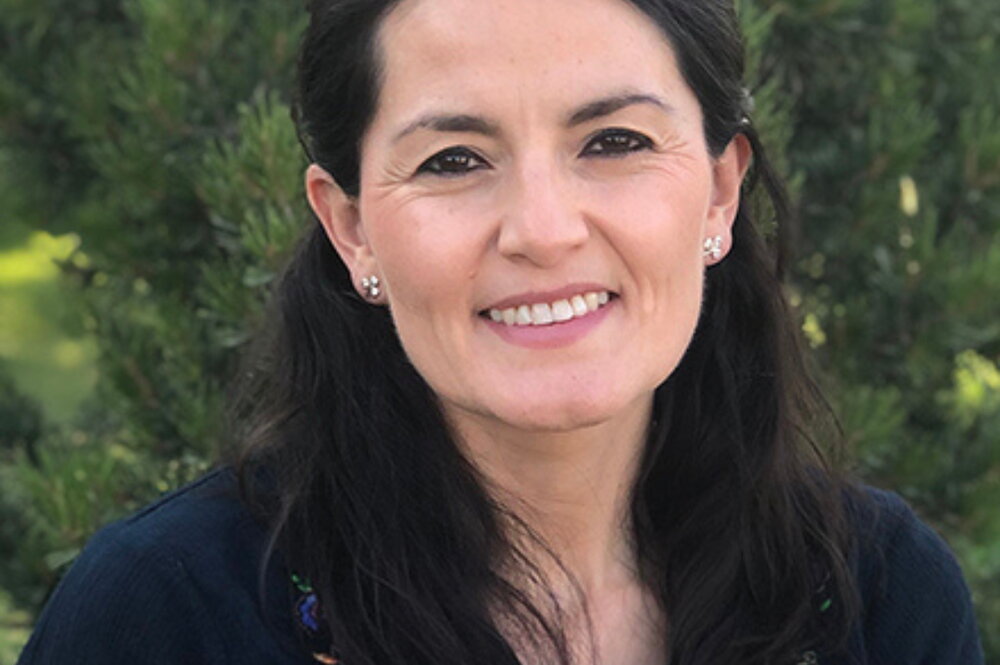

Title
Explore our history
The Department of Microbiology at UIUC has a rich history of seminal discoveries and microbiologists who have increased our biological understanding and advanced the field of microbiology, such as Carl Woese, who discovered the Archaea, a new domain of life distinct from bacteria and eukarya, and Abigail Salyers, who pioneered studies of Bacteroides polysaccharide utilization and its role in colonic fermentation.